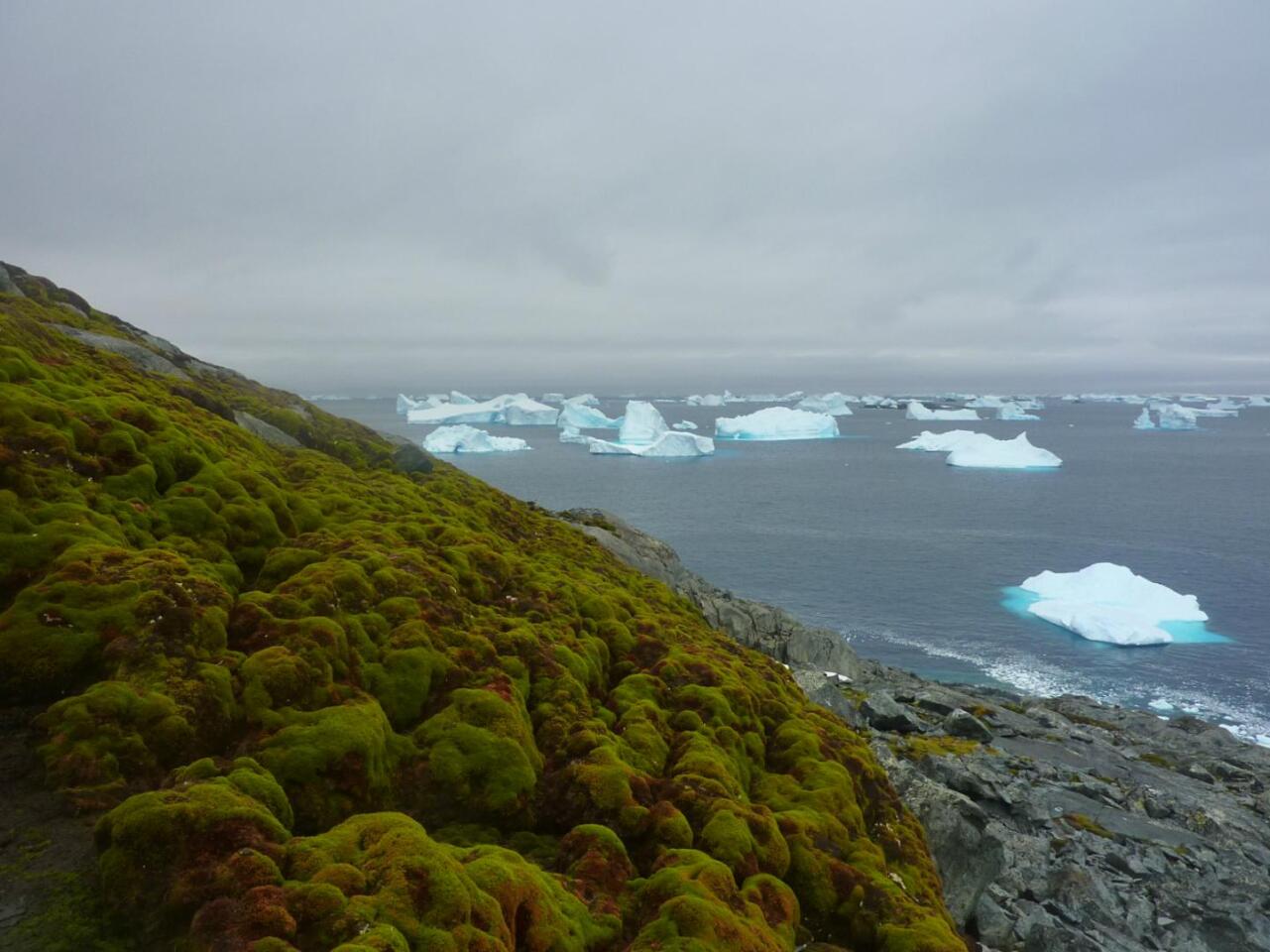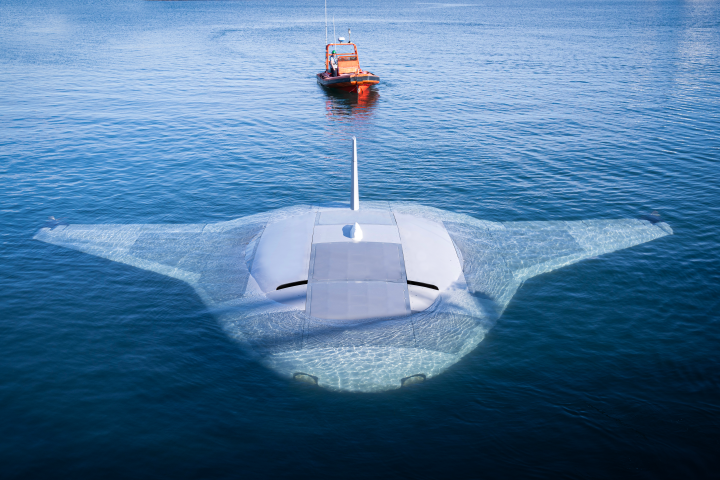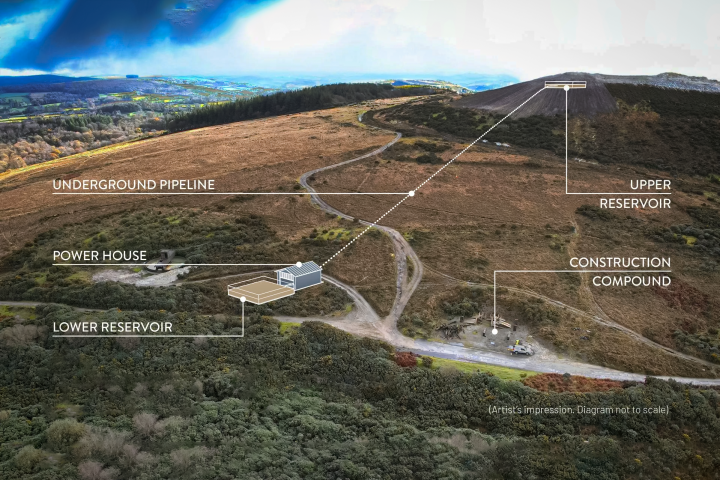The mental picture that most of us have of Antarctica is a frozen wasteland, white as far as the eye can see. But according to a new study that might not be the case in the future, as the continent is increasingly turning green in response to rising temperatures. Researchers from the University of Exeter have taken core samples from moss banks along the Antarctic Peninsula, and found that biological activity has ramped up massively over the last 50 years or so.
The study follows up on the team's previous work in 2013, which found that the steady warming of the region is resulting in changes to the ecology that are largely unprecedented. But while that study focused on just the southern section of the Antarctic Peninsula, this time around the team took samples from a wider range of sites, and found worryingly consistent results each time.
"This gives us a much clearer idea of the scale over which these changes are occurring," says Matthew Amesbury, lead author of the study. "Previously, we had only identified such a response in a single location at the far south of the Antarctic Peninsula, but now we know that moss banks are responding to recent climate change across the whole of the Peninsula."
With the average annual temperatures in the region increasing by about 0.5° C (0.9° F) every decade since the 1950s, the Antarctic Peninsula is one of the fastest-warming places on the planet. To study just what effect that might be having on the scant plant life that calls the continent home, the Exeter team took core samples of moss banks. With the deeper sections dating back as far as 150 years ago, these samples paint a detailed picture of the biological activity over that time.

As seen in the earlier study, that biological activity has increased rapidly over the last 50 years. But this time, five samples were taken from three sites – Elephant Island, Ardley Island and Green Island – which are 600 km (373 miles) apart. Even at that distance, the samples showed remarkably consistent results, indicating that these changes apply to a much wider area than previously thought.
"Temperature increases over roughly the past half century on the Antarctic Peninsula have had a dramatic effect on moss banks growing in the region, with rapid increases in growth rates and microbial activity," says Dan Charman, lead researcher on the study. "If this continues, and with increasing amounts of ice-free land from continued glacier retreat, the Antarctic Peninsula will be a much greener place in the future."
In future, the team plans to extend their study of the moss cores back thousands of years, to get a longer-term picture of the ecology of Antarctica that dates back to before human activity started impacting the climate.
The research was published in the journal Current Biology.
Source: University of Exeter via EurekAlert






![The Ti EDC [everyday carry] Wrench is currently on Kickstarter](https://assets.newatlas.com/dims4/default/0ba225b/2147483647/strip/true/crop/4240x2827+0+3/resize/720x480!/quality/90/?url=http%3A%2F%2Fnewatlas-brightspot.s3.amazonaws.com%2F59%2Fb2%2F6a6fdd0348a8bfdad88bbcefec53%2Fdsc03572.jpeg)